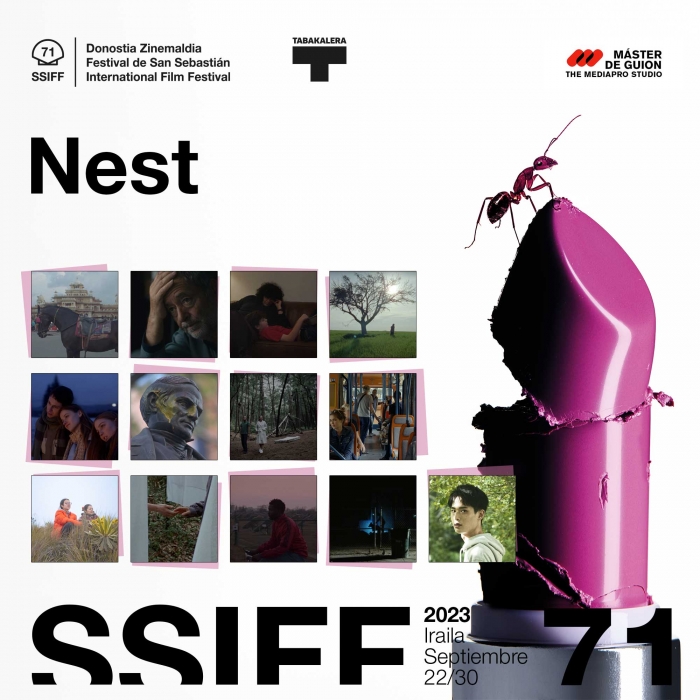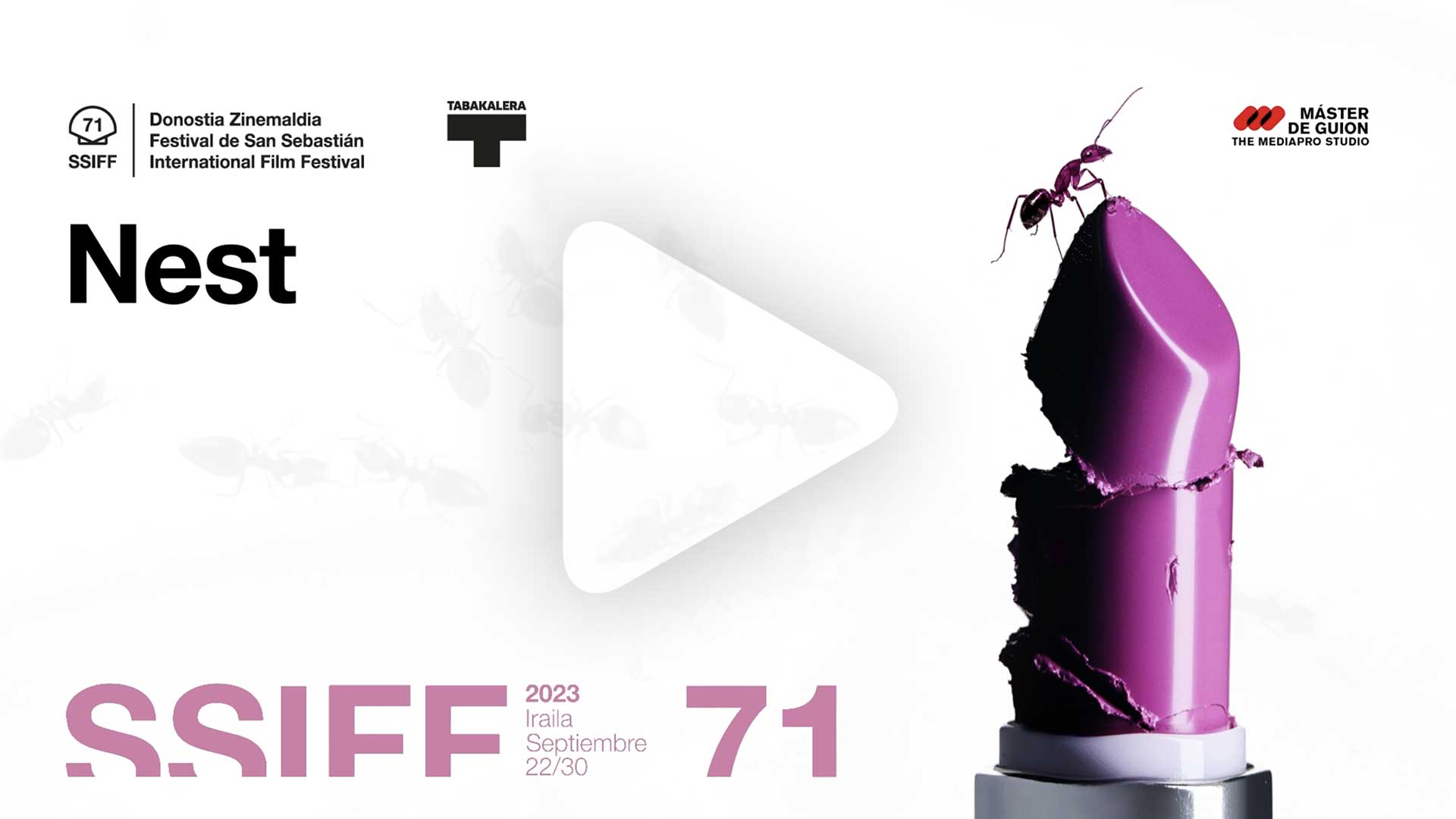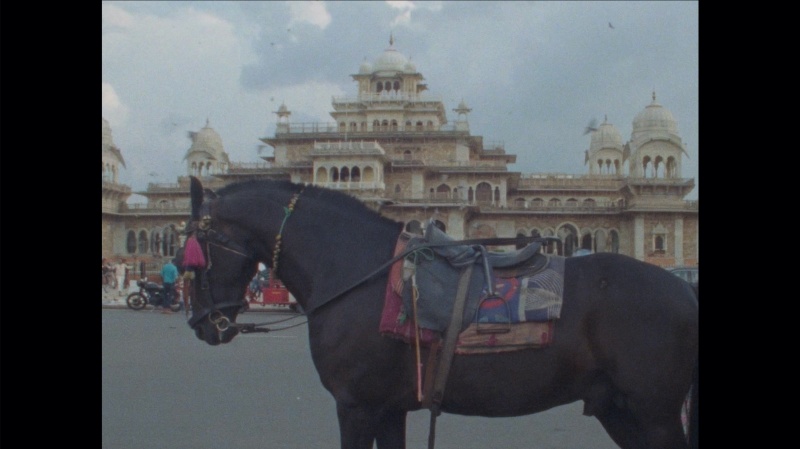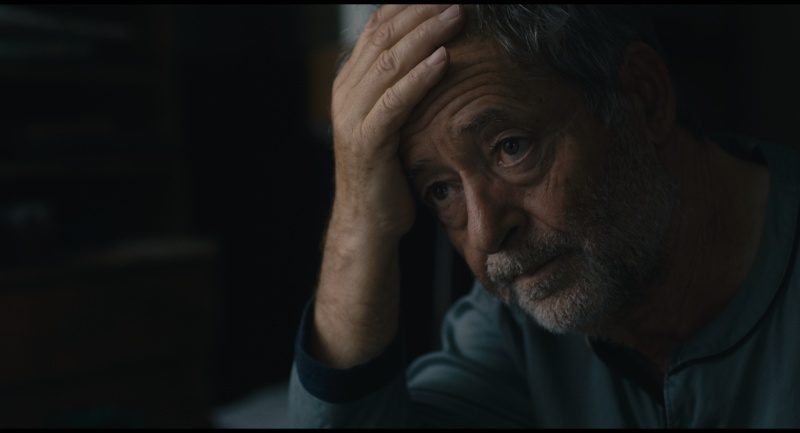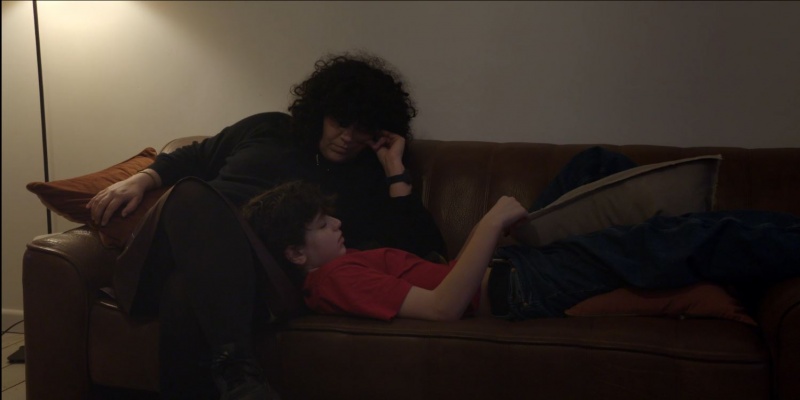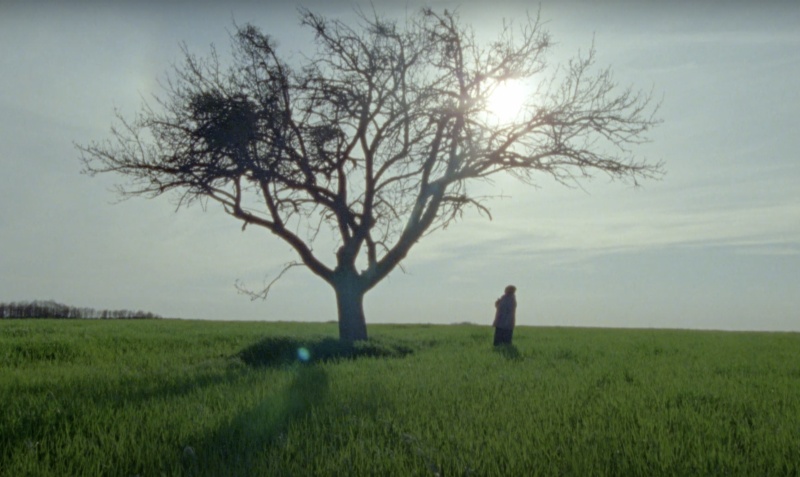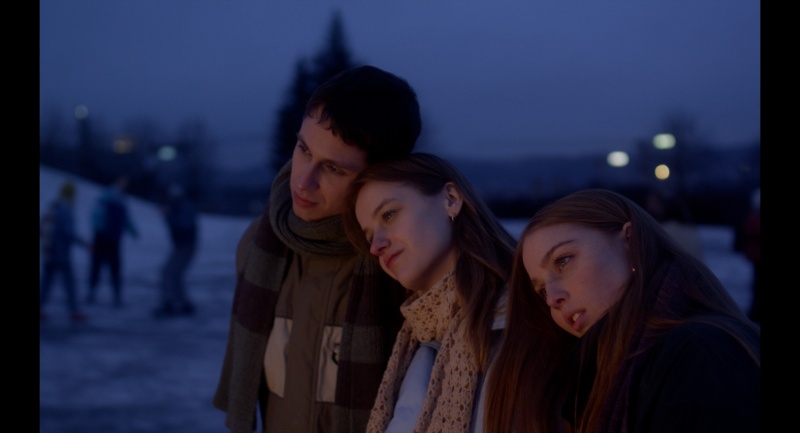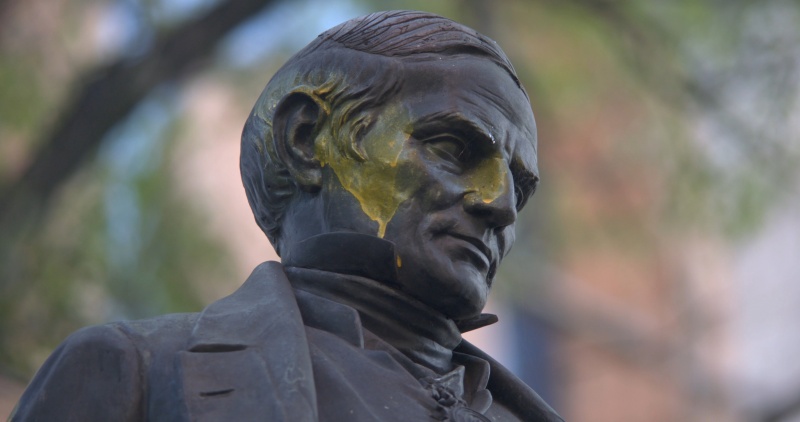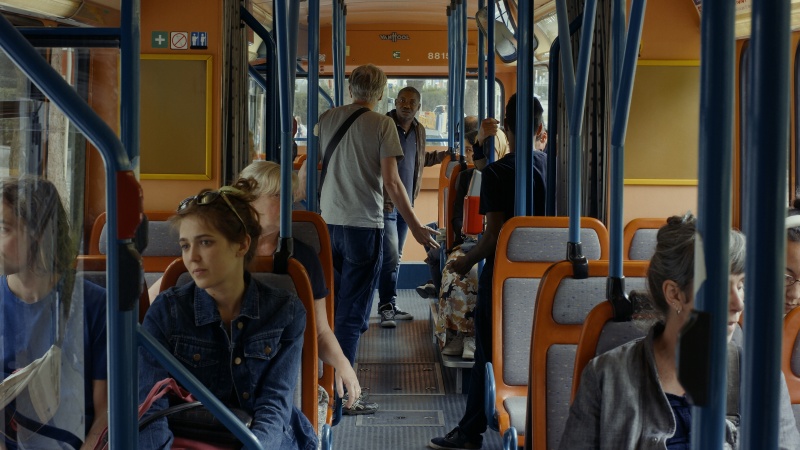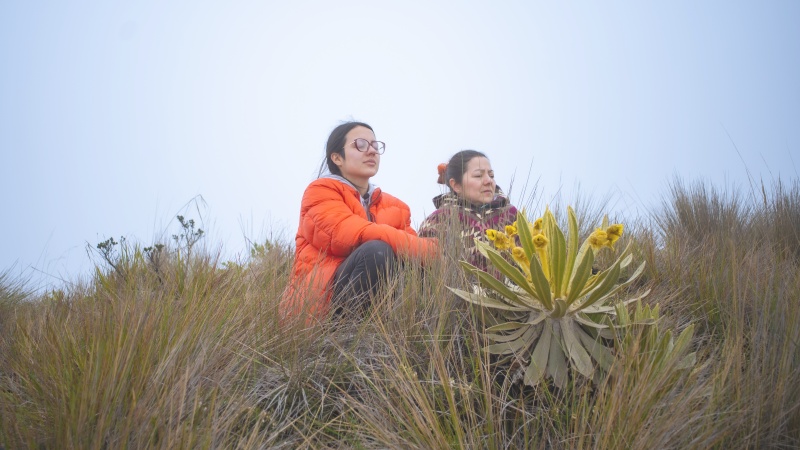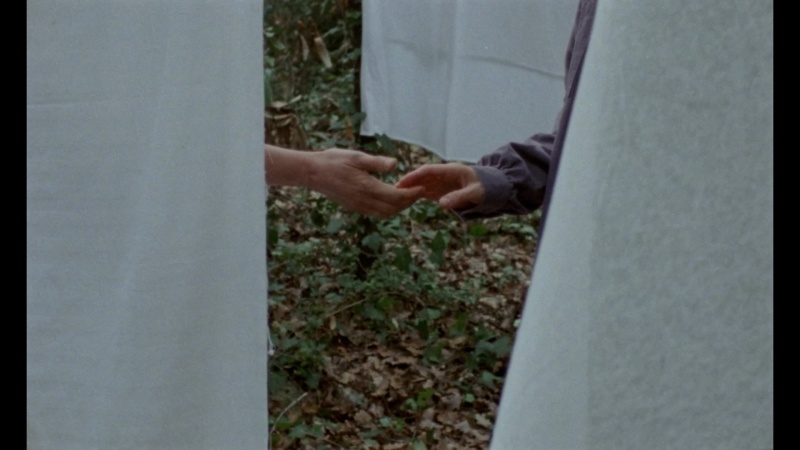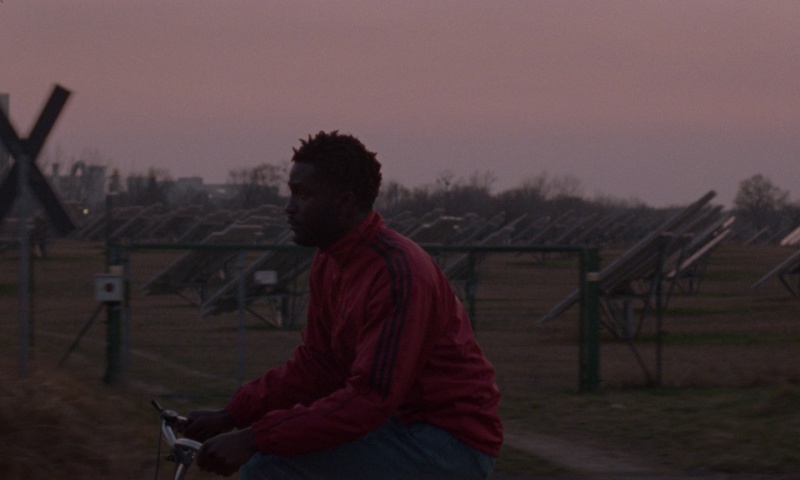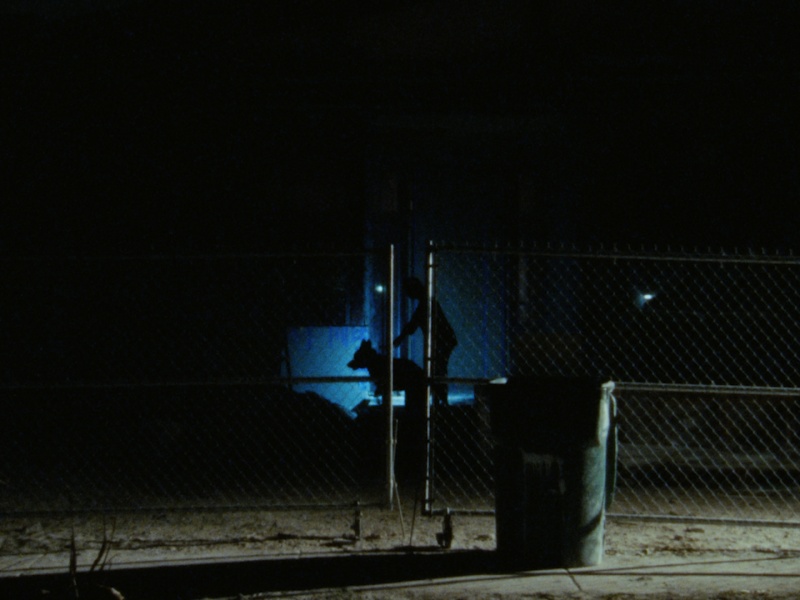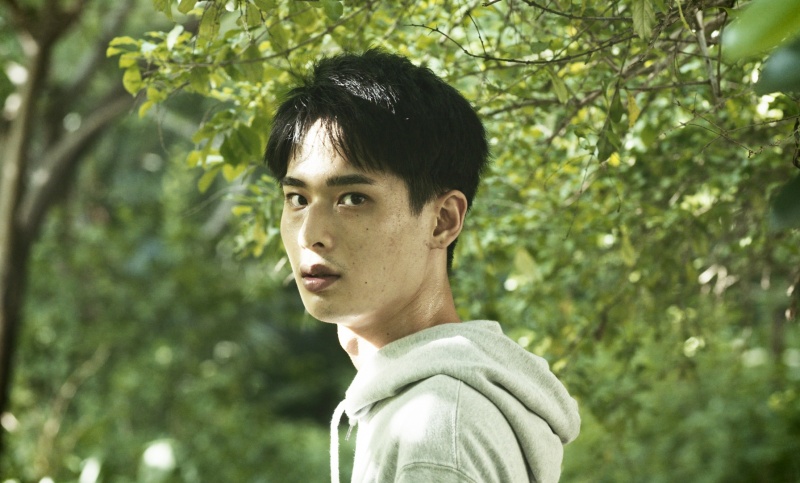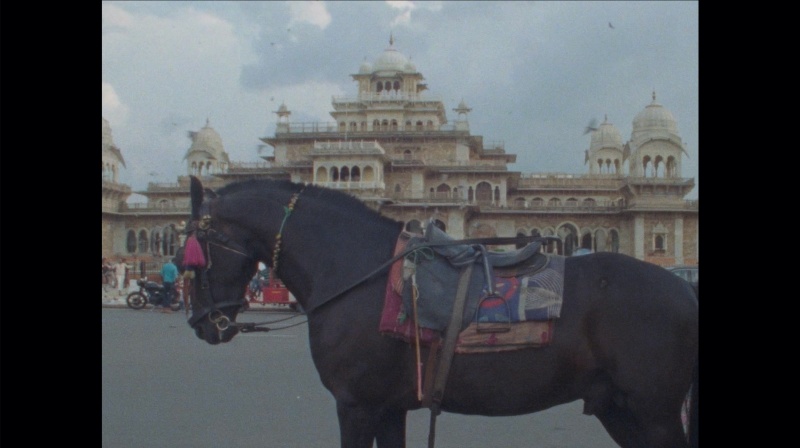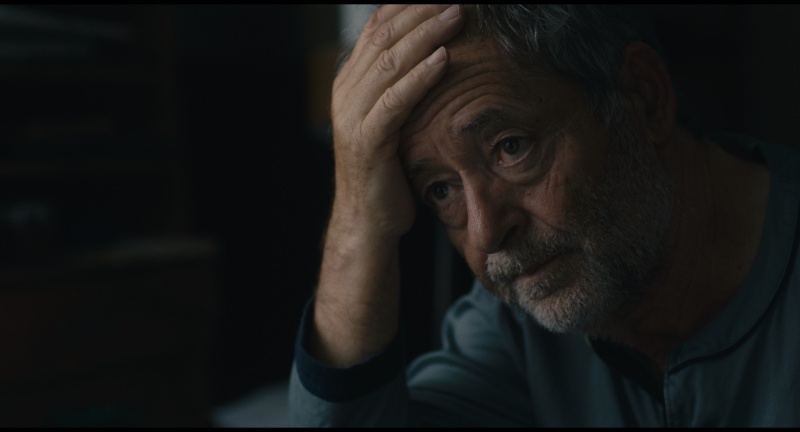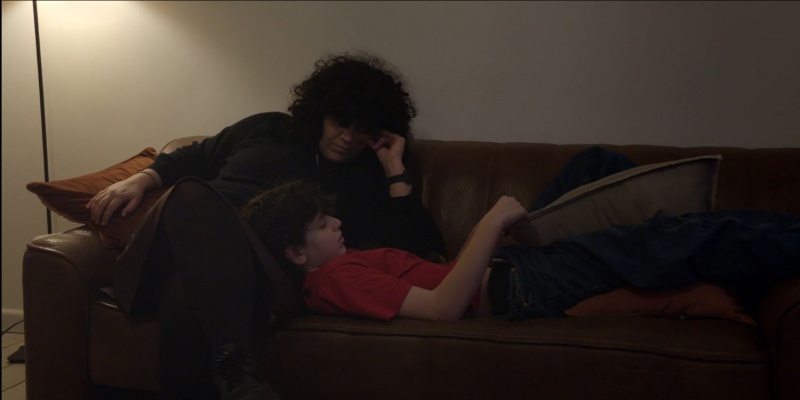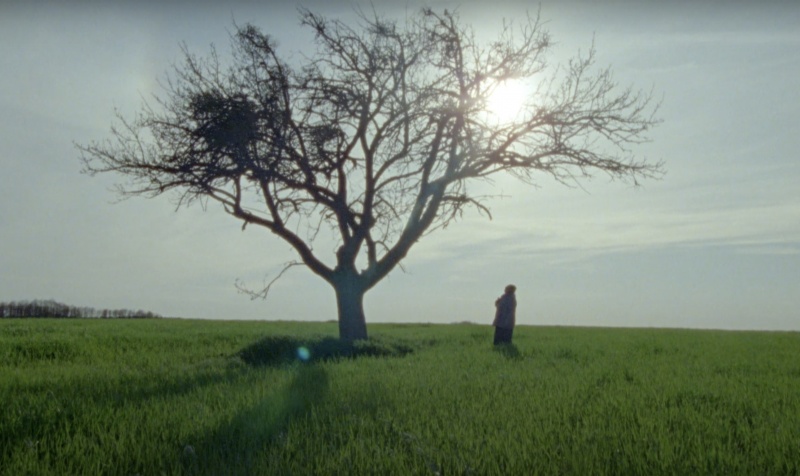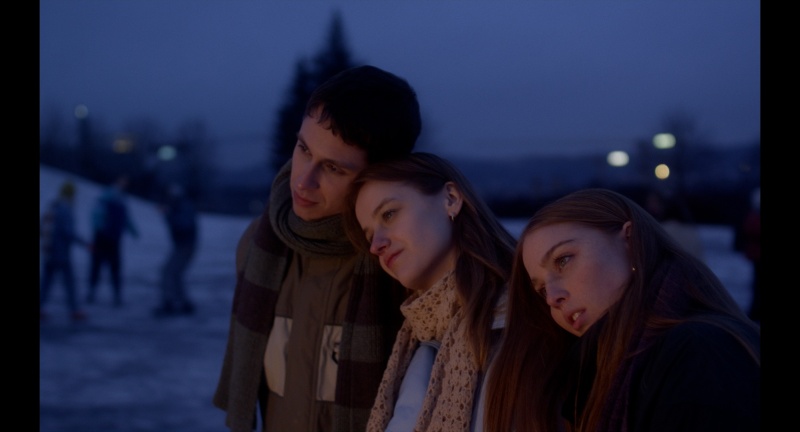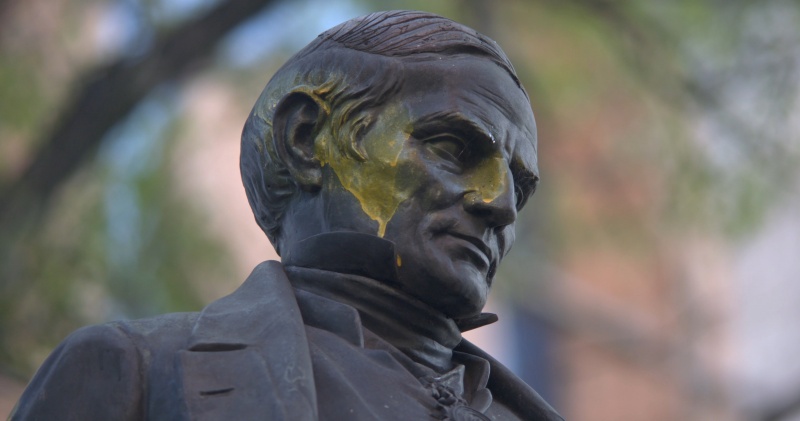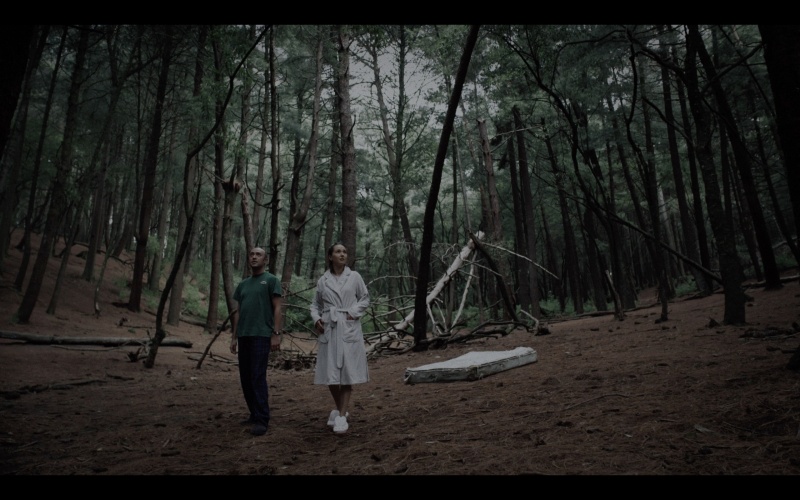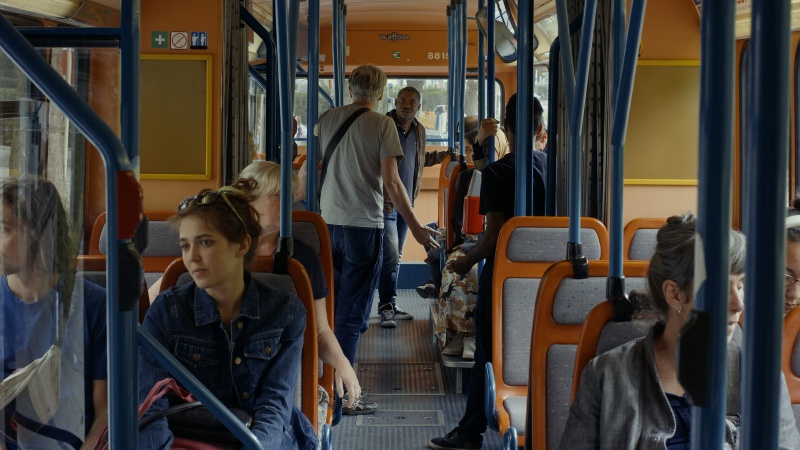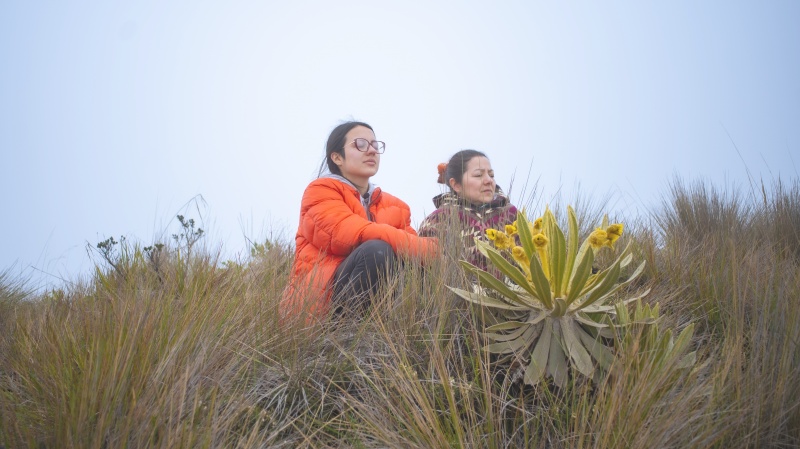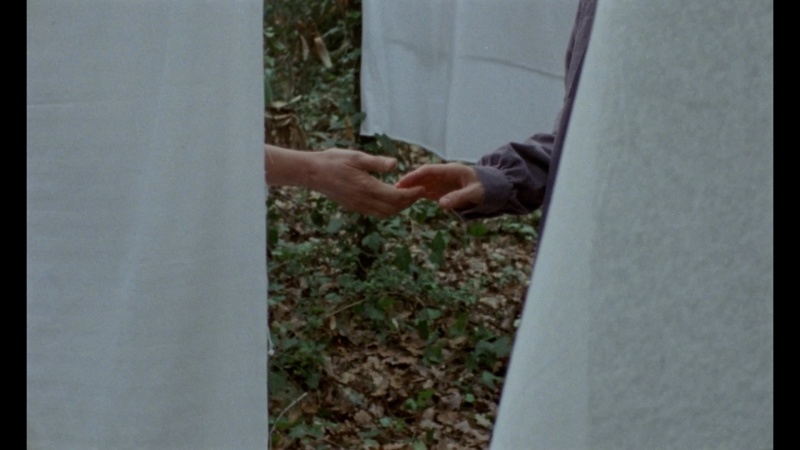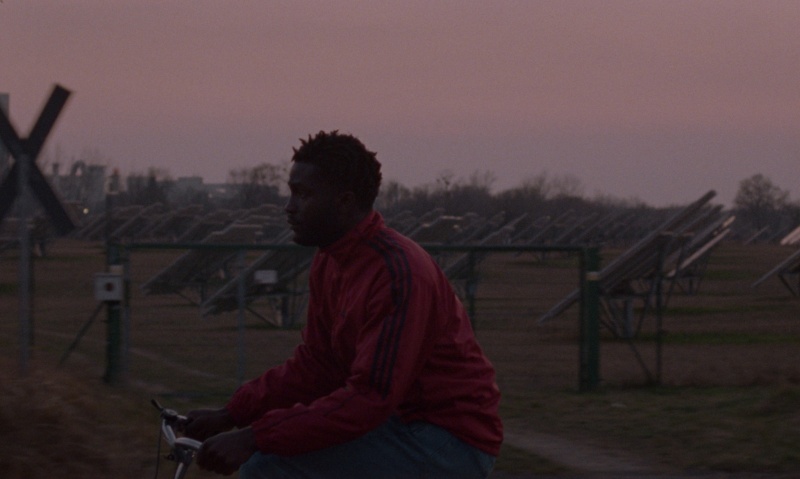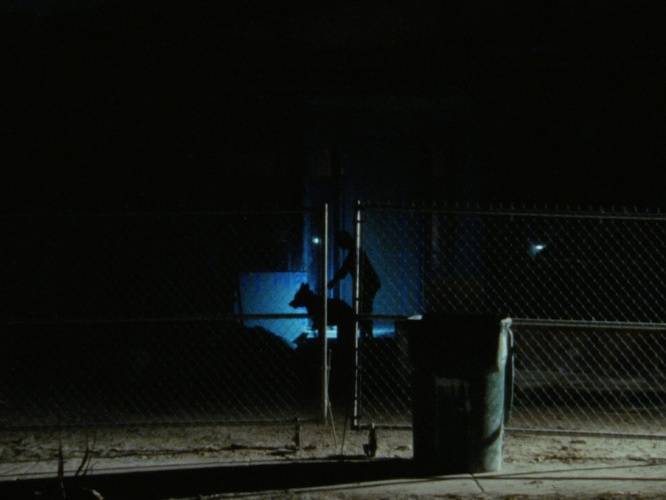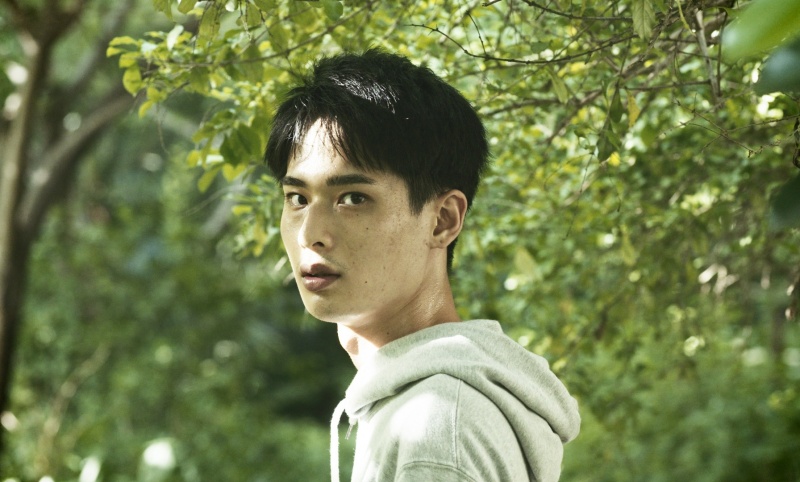The official Nest Award changes its name following the collaboration agreement signed with THE MEDIAPRO STUDIO Master’s Degree in Screenwriting
Thirteen short films have been selected for the Nest section among 421 proposals from 209 schools in 53 countries. Never before had so many submissions been received in the history of the San Sebastian Festival’s international film students meeting. Only compared to last year, there has been rise of 20% in the proposals submitted by schools, whose numbers have also risen by 30%.
Organised by the San Sebastian Festival and the Tabakalera international centre for contemporary culture, the Nest section presents the work of students from film schools around the globe, the moviemakers of the future. As well as offering a place to show and check out short films, Nest provides a meeting place for students, filmmakers, industry professionals and the audience: a space fitted out by the Festival to prompt conversation on the cinema and to foster the coming together between education and the professional world.
An objective also promoted by THE MEDIAPRO STUDIO Master’s Degree in Screenwriting, with which San Sebastian Festival has signed a collaboration agreement referring to Nest, under which ten students from different editions of the Master’s Degree in Screenwriting will participate in the activities organised by Nest during the Festival, including screenings of the selected shorts, talks and masterclasses by industry professionals and prestigious international filmmakers screening their films in one of the festival’s competitive sections. Also, as a result of this agreement the official name of the section for this XXII edition becomes the Nest Mediapro Studio Award.
Fourteen film students from Belgium, Colombia, India, Japan, Lithuania, Mexico, the Netherlands, Poland, Portugal, Spain and Switzerland will gather from 25-29 September, five days on which to introduce and screen their works, attend workshops given by filmmakers and hold meetings with industry professionals. The chosen works encompass varying approaches and topics, fictions and non-fictions taking a personal look at the consequences of violence, the iconographies of the public space, political utopias, gender conventions and the processing of loss. A jury, made up of a renowned personality from the movie world and students from the selected schools, will give an award coming with 10,000 euros for the winner to one of the thirteen films directed by eleven men and three women directors.
Since its creation in 2002, Nest, one of the most important sections of the San Sebastian Festival within its strategy of promoting new talents, has welcomed more than 1,000 young moviemakers and more than 370 selected short films, around a hundred masterclasses and conversations with film industry professionals including Céline Sciamma, Albertina Carri, Alexander Payne, Bertrand Bonello, Elena López Riera and Jean-Baptiste de Laubier. Considered to be the place where it all starts, Nest has shown the work of directors such as Raven Jackson, Kiro Russo, Oren Gerner, Isabel Lamberti, Léa Mysius, Jerónimo Quevedo, Laura Wandel and Grigory Kolomytsev, who have later gone one to premiere their works both in San Sebastian and at prestigious festivals in the international circuit.
During the students meeting, Tabakalera’s Medialab Studio will host a nonstop screening of all short films to have received awards in the history of the section. Free entry.
The Master’s Degree is a reference in the sector and a guarantee of professional development. On the point of starting its fifth edition in Madrid, where it has gained consolidation throughat the Complutense University’s Faculty of Information Sciences, will also run in 2023/24 for the first time in Barcelona with the ESCAC (Film and Audiovisual School of Catalunya) with an identical syllabus and the involvement of important professionals active in the industry, who tutor and teach in both cities, and include, among others, Iván Escobar, Sergi Belbel, Clara Roquet, Daniela Fejerman, Dani Monedero, Sergio Sarria, Carmen Ortiz, Nacho Cabana, Rubén Ontiveros, Elvira Mínguez, Vanessa Villar, David Lillo, José Pérez Ledo, Mónica Artigas, Jordi Rosel and Elena Neira. THE MEDIAPRO STUDIO Master’s Degree in Screenwriting is the only one of its kind to offer global specialisation in genres and content, with modules dedicated both to fiction and non-fiction, as well as specific training in how to pitch projects, thus providing the future screenwriters with a complete overview of the reality of today’s audiovisual market in the international arena, while also guaranteeing that all students have the opportunity of work experience on productions at THE MEDIAPRO STUDIO.
India, my nation, is being rebuilt. Her foundation is being laid on the imagined land that claims to be the birthplace of my grandmother's God. In the mythology that she passed down to me during many summer nights, her God was magical, kind, imaginative and democratic, just like my India was supposed to be. But today, through its many retellings and reimaginings, the tale is being used as a political tool to manifest the violent desire of a Hindutva state. This film attempts to remember, as well as dream, a forgotten nation.
Daut, a survivor of a massacre where his son was killed, has been rehearsing a letter for 20 years on what he will say if Hague ever calls him to testify for the horrors he has seen that day. The burden of memories gets heavier when he gets the news that his brother died of an illness, making Daut the only last survivor to remember the event. His mind starts to fail him on important details of the testimony. He might never bring justice for his son. For his brother. For his friends. Will the dead forgive him for giving up and being handed over to oblivion?
Adèle, aged 12, doesn't want to go back to school. She prefers to skateboard and watch the others from a distance. But this isolation leads her to question the kind of woman she wants to be when she grows up.
Is there a way to envision oneʼs funeral? Halina is one of the last funeral singers in Podlasie. Her son Andrzej is a gravedigger. Thousands of people have crossed to the other side accompanied by them. He dug, she sung. Throughout their existence, life collided with death. Normalcy with spirits. Reality with dreaming. Funeral lament breaks the silence.
Sofija, 24, seeks comfort in a heartfelt teenage memory as Mykolas prepares to leave. In the Vilnius night, amidst unexpected twists, she discovers the courage to say goodbye and move forward, fueled by cherished memories and enduring friendship.
Discussions in social media bring life to the statues on Mexico City's Paseo de la Reforma. The climate alternates between cycles of chaos and order, expression and censorship, memory and oblivion. A new decolonial and feminist era is here. Realities emerge from the changes that are altering the city's public space and its symbols.
Carlos is hopelessly in love with his office colleague, Olivia. At work, Carlos has never spoken to Olivia, but he sometimes spies on her without her realising. Night after night, they sleepwalk aimlessly until meeting one another. They gradually come to know one another in this mystical landscape. By day, they are once again total strangers, who don't know or speak to one another, each one in their cubicle. Will they wake up, or will they continue to dream like the trees around them?
From a fixed point of view, we witness a tense bus ride in Brussels, when Samuel - a Congolese immigrant - gets on to voice his discontent with Europe.
Sixteen years ago my brother was one of the 11 scouts in the Pirsas group who died in an avalanche on the Nevada del Ruiz volcano. My family fell to pieces, nobody knew how to go about mourning and I was left completely alone. Sixteen years later, the reconstruction of the climb up to the Nevada and investigation into the pain suffered by my family is the path to building a personal and intimate story about death, mourning and emotional adaptation. This return only seeks answers that give me some kind of hope.
This is a mother who lives inadapted to a world of rigid structures: those of the system, those of the family, those of women. With neither direction nor ownership of the spaces she inhabits, on impulse she decides to abandon her children and enter the forest. In this place giant trees, waving hands and the unknown quantity of some sheets emerge that will guide her at all times. Appearing out of the atmosphere, women dressed in white will accompany her as she mourns her motherhood.
In a near future Germany, queer people become, even more, marginalized and under threat. On the last day of winter, Omar is released from prison. As a first stop he visits Ava, his best friend, who didn't expect to see him. The world keeps falling apart and fear seems to defeat hope.
On the anniversary of Marisol's husband's death, her neighbor's construction uncovers human remains. The coincidence of this discovery terrorizes Marisol, a superstitious visionary, into facing her mortality.
Mitsuru, Go and Azuma play with a radio controlled car in a park. Suddenly some construction workers start chasing them and they flee through town. The three guys get separated and end up in weird places.

